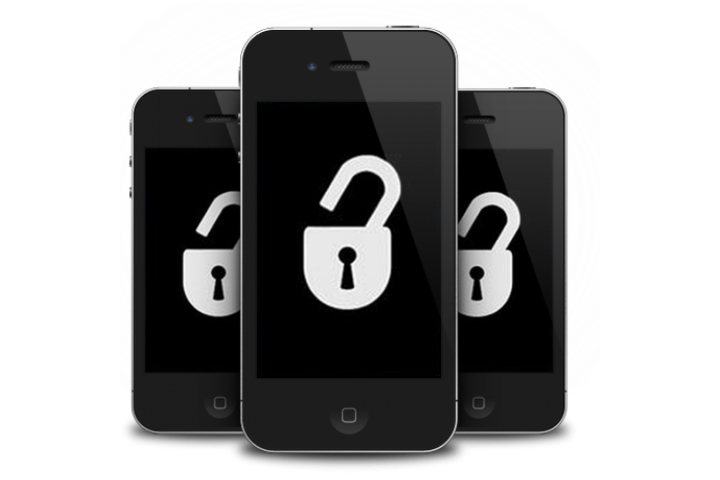
The contentious cell phone unlocking ban that went into effect this year may be on the ropes.
The Obama administration filed a petition (pdf) with the Federal Communications Commission on Tuesday, asking the agency to create new rules that would allow cell phone users to unlock their handsets once their carrier contracts expire. If approved, wireless carriers would be required by law to unlock customers’ devices.
The petition, formally filed by the National Telecommunications and Information Administration (NTIA), requires that wireless carriers unlock devices that are paid in full, allowing users to move their device to another carrier. If enacted, the new FCC rules would also allow those who buy secondhand devices to unlock them via the original carrier. The unlocking ban would also be lifted for both cell phones and tablets that are locked to a specific carrier.
Currently, the law mandates that wireless customers may only unlock their devices with permission from the carrier. If a person unlocks a device without carrier permission, he or she would be in violation of the Digital Millennium Copyright Act (DCMA), which protects the software used by carriers to lock devices to their networks.
NTIA argues in the petition that allowing customers to unlock the devices they own would “increase competition,” and “plainly promote the public interest.”
The Librarian of Congress, which issues new rules every three years to allow for exemptions to the DMCA, decided to remove cell phone unlocking from the list of approved practices last year, where it sat since 2006. As of January, unlocking a device without wireless carrier approval has carried a potential maximum sentence of five years in prison and a $2,500 fine per violation.
The NTIA petition is the first concrete pushback by the Obama administration, which publicly opposed the cell phone unlocking ban in March following a successful “We The People” petition against the ban that received 114,000 signatures.
Sina Khanifar, an entrepreneur turned digital rights activist who launched the White House petition, says the NTIA petition is an important first step toward restoring consumer rights.
“This is a pretty significant move: the NTIA petitions to the FCC are relatively rare, happening only once every few years,” said Khanifar in an email to Digital Trends. “Not only may this trigger action by the FCC, but it also shows that the administration is committed to making cell phone unlocking legal and accessible for consumers.”
Khanifar adds that, even if the petition successfully lifts the ban, it does not solve all the problems. Older devices and those produced by smaller manufacturers may not be easily unlocked due to out-of-date or incomplete databases of unlock codes. Further, says Khanifar, the new rules would not require wireless carriers to unlock devices in a timely manner. “For example, AT&T takes up to two weeks to unlock an iPhone,” says Kahnifar. “For many customers who might be traveling abroad or consumers who’ve bought devices second hand, that can make the unlock procedure ineffective.”
Khanifar says further legislation is needed to meet the needs of all customers. A bill (pdf) from Rep. Bob Goodlatte (R-VA) that would meet most of these demands, the “Unlocking Consumer Choice and Wireless Competition Act,” is currently moving though the House of Representatives.
The CTIA, which represents the wireless industry, supports the Goodlatte bill, but offered opaque opposition to the NTIA petition, warning in a statement that allowing for “bulk unlocking” may “harm consumers and facilitate the sale of stolen smartphones.”
Customers, meanwhile, appear undeterred by the unlocking ban. Reports from earlier this year found that cell phone unlocking in the U.S. had jumped 70 percent since the ban went into effect.


